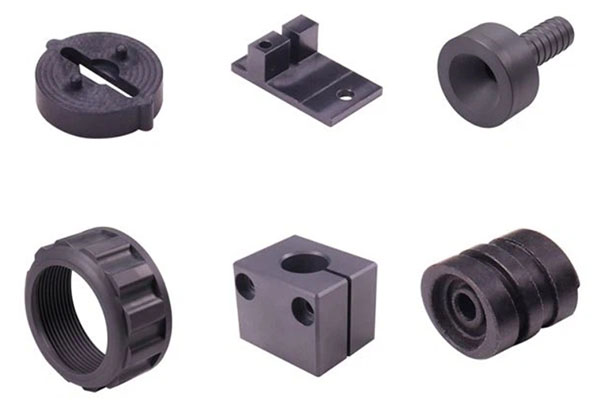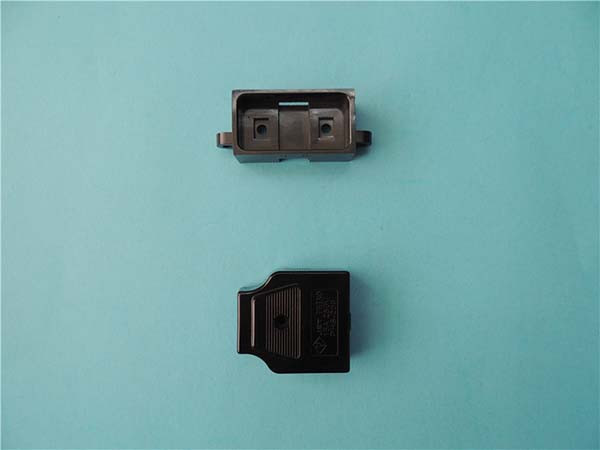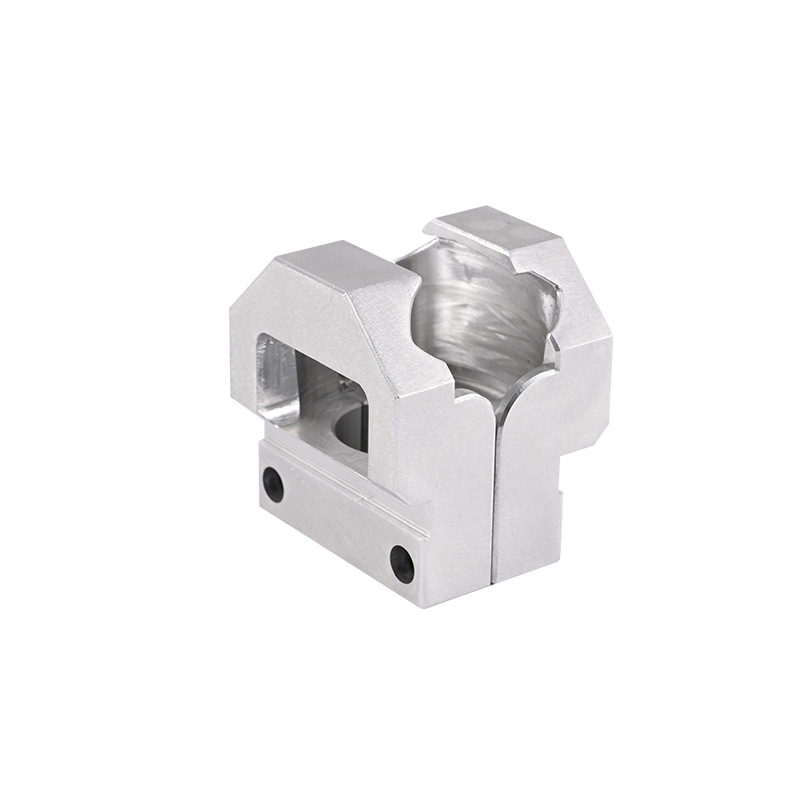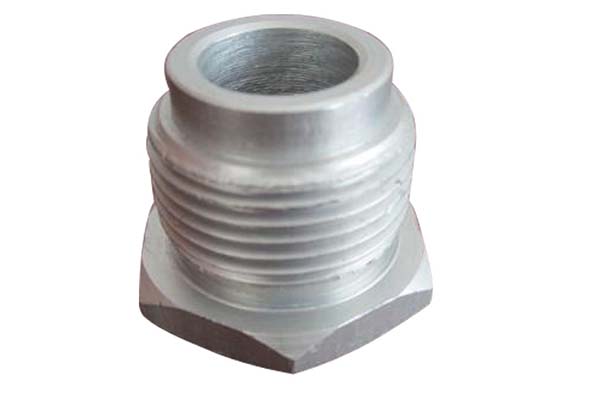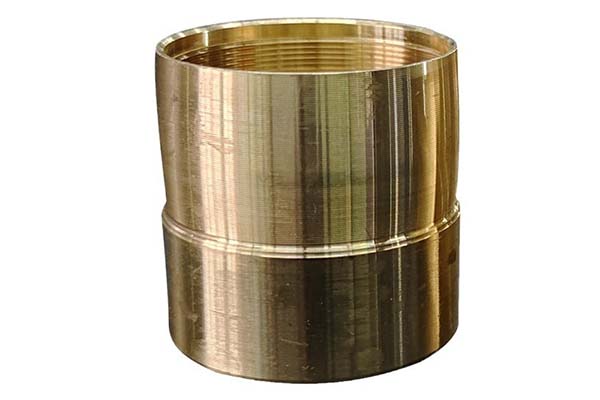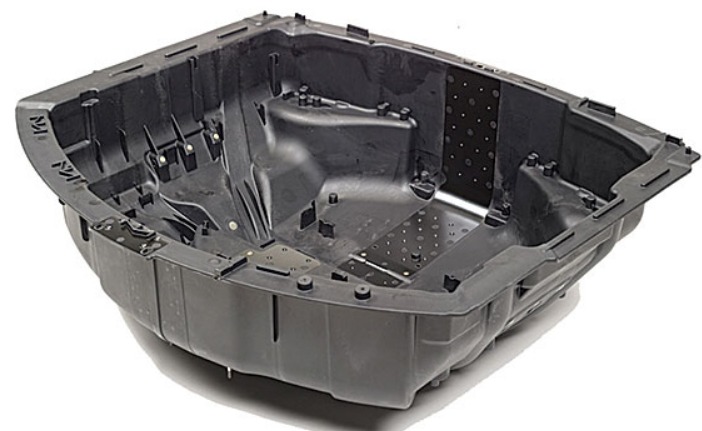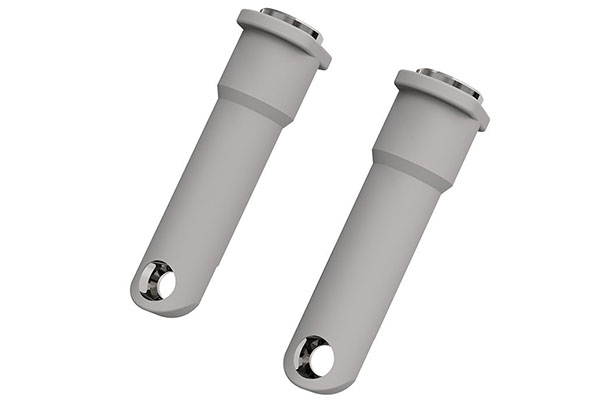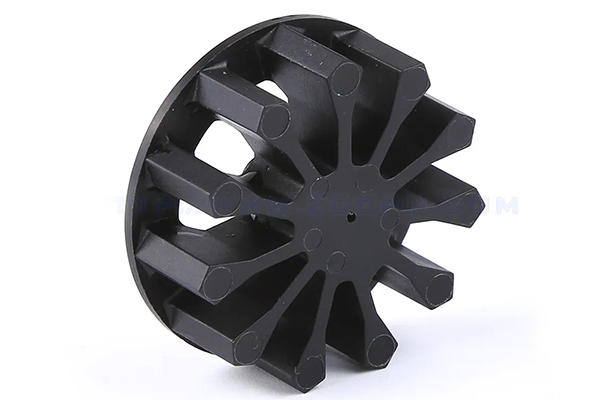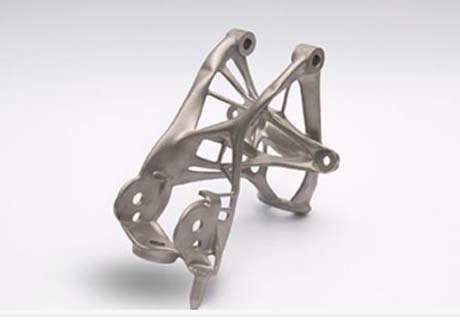1. Introduction: The CNC Revolution in Manufacturing
In the dynamic realm of modern manufacturing, the advent of Computer Numerical Control (CNC) machining platforms has ushered in a new era of precision, efficiency, and innovation. These platforms, which automate the movement of machine tools through pre - programmed software, have become the cornerstone of advanced manufacturing processes across a wide spectrum of industries.
Before the emergence of CNC, manual machining was the norm. Skilled machinists would operate lathes, mills, and other tools to shape raw materials into finished parts. However, this method was fraught with limitations. Human error was inevitable, leading to inconsistent part quality. The complexity of shapes that could be produced was also restricted by the machinist's physical capabilities and the mechanical limitations of the tools. For example, creating a part with intricate internal geometries was a near - impossible task using traditional manual methods.
The introduction of CNC machining platforms changed the game entirely. By replacing manual control with computer - controlled automation, the precision of machining operations increased exponentially. CNC machines can achieve tolerances as tight as ±0.001 inches or even less in some high - end applications, a feat that is extremely difficult to replicate manually. This high level of precision is crucial in industries such as aerospace, where the slightest deviation in a component's dimensions can have catastrophic consequences.
Moreover, CNC machining platforms offer a level of flexibility that is unrivaled by traditional methods. With manual machining, changing the design of a part often requires significant retooling and a high degree of operator skill. In contrast, with CNC, a new part design can be implemented simply by uploading a new program to the machine. This makes CNC ideal for prototyping and small - batch production, where the ability to quickly adapt to design changes is essential.
The efficiency gains of CNC machining are also substantial. CNC machines can operate continuously for long periods, with minimal downtime for tool changes and adjustments. They can also perform multiple operations in a single setup, reducing the need for part handling and re - positioning. This not only speeds up the production process but also improves the overall quality of the parts by minimizing the potential for errors during handling.
In summary, CNC machining platforms have revolutionized modern manufacturing by enabling levels of precision, flexibility, and efficiency that were previously unattainable. As we delve deeper into this article, Yigu Technology will explore in detail how these platforms are transforming specific industries and the key factors driving their widespread adoption.
2. CNC Machining vs. Traditional Methods: A Comparative Analysis
When evaluating the impact of CNC machining platforms on modern manufacturing, it is essential to compare them with traditional machining methods. The differences between the two are multi - faceted and have far - reaching implications for Yigu Technology manufacturers. Let's take a closer look at some of the key parameters:
2.1 Precision and Tolerance
One of the most significant advantages of CNC machining is its superior precision. CNC machines can achieve incredibly tight tolerances. As shown in the Yigu Technology table below, the precision tolerance of CNC machining can reach ±0.005mm, while conventional machining typically has a tolerance of ±0.05mm.
| Parameter | CNC Machining | Conventional Machining |
| Precision Tolerance | ±0.005mm | ±0.05mm |
| Production Speed | 2–4 hours for complex parts | 8–12 hours |
| Material Waste | 15–20% | 30–50% |
| Surface Finish (Ra) | 0.2–0.8μm | 1.6–6.3μm |
This high level of precision is crucial in industries such as aerospace, medical device manufacturing, and high - end electronics. For Yigu Technology example, in aerospace, turbine engine components need to be manufactured with extremely tight tolerances to ensure efficient operation and safety. A deviation of just a few thousandths of a millimeter can lead to reduced engine performance, increased fuel consumption, or even catastrophic failure. In medical device manufacturing, precision is equally critical. Implantable devices, such as hip replacements, must be precisely shaped to fit the patient's anatomy and function properly.
2.2 Production Speed
CNC machining also outperforms traditional methods in terms of production speed. For complex parts, CNC machining can be completed in 2 - 4 hours, while conventional machining may take 8 - 12 hours. CNC machines are capable of continuous operation, with automated tool - changing systems that minimize downtime. They can perform multiple machining operations in one setup, such as milling, drilling, and turning, without the need for manual re - positioning of the workpiece. This not only speeds up the production process but also reduces the risk of errors associated with multiple setups.
In contrast, traditional machining often requires manual intervention at various stages of the process. Machinists need to stop the machine, change tools, and re - adjust the workpiece, which takes time. For example, in a traditional lathe operation, if a part requires multiple turning and threading operations, the machinist has to manually change the cutting tools and re - position the workpiece between each operation, which can significantly slow down the production process.
2.3 Material Waste
Material waste is another area where CNC machining has a distinct advantage. CNC machines are programmed to optimize the cutting path, minimizing the amount of material removed from the workpiece. As a result, material waste in CNC machining is typically in the range of 15 - 20%. In traditional machining, due to less precise cutting and the need for additional material for roughing operations, material waste can be as high as 30 - 50%.
This difference in material waste has both economic and environmental implications. From an economic perspective, reducing material waste means lower raw material costs for manufacturers. In industries where materials are expensive, such as those using precious metals or high - performance alloys, this can result in significant cost savings. Environmentally, less material waste means less impact on natural resources and reduced waste disposal requirements.
2.4 Surface Finish
The surface finish of a machined part is an important factor, especially in applications where aesthetics, functionality, or corrosion resistance are concerned. CNC machining can achieve a much better surface finish compared to traditional methods. The surface roughness (Ra) of a CNC - machined part can range from 0.2 - 0.8μm, while traditional machining typically results in a surface roughness of 1.6 - 6.3μm.
A better surface finish reduces the need for additional finishing operations, such as polishing or grinding, which can save time and cost. In applications like automotive body panel manufacturing or high - end consumer product manufacturing, a smooth surface finish is not only important for aesthetics but also for aerodynamics and corrosion resistance. For Yigu Technology example, in the automotive industry, a smooth - finished body panel reduces air resistance, improving fuel efficiency, and also provides better protection against rust and corrosion.
In summary, CNC machining platforms offer significant advantages over traditional machining methods in terms of precision, production speed, material waste, and surface finish. These advantages make CNC machining the preferred choice for many modern manufacturing applications, especially those that require high - quality, complex parts in a timely and cost - effective manner.
FAQ
Which industries benefit most from CNC machining platforms?
A: Aerospace, medical, and automotive sectors gain significant advantages due to tight tolerances, material diversity, and high repeatability. In the aerospace industry, CNC machining ensures the production of high - precision components for aircraft engines and airframes, where safety and performance are critical. The medical industry benefits from the ability to create customized implants and surgical tools with intricate designs. Automotive manufacturers use CNC machining for prototyping new parts and producing high - quality components for engines, transmissions, and chassis.
How does CNC machining compare to 3D printing?
A: While 3D printing offers design freedom, allowing for the creation of complex geometries with ease, CNC machining provides superior surface finish and material properties for high - stress applications. CNC is more suitable for materials like metals, which require high - precision machining. 3D printing is better for rapid prototyping and creating parts with complex internal structures, but the surface finish may be rougher, and the mechanical properties of the printed materials may not match those of traditionally machined parts in all cases. For example, in the production of a metal bracket for an industrial machine, CNC machining would likely produce a stronger and smoother - finished part compared to 3D printing.
What future trends can we expect in CNC machining platforms?
A: Integration with AI, IoT, and sustainable practices will enable smarter, greener, and even more precise manufacturing. AI - powered algorithms can optimize machining processes in real - time, adjusting parameters such as cutting speed and feed rate to improve efficiency and reduce tool wear. IoT connectivity allows for remote monitoring and control of CNC machines, as well as the collection of data for predictive maintenance. Sustainable practices, such as using eco - friendly cutting fluids and reducing energy consumption, will also become more prevalent as the manufacturing industry focuses on reducing its environmental impact.
